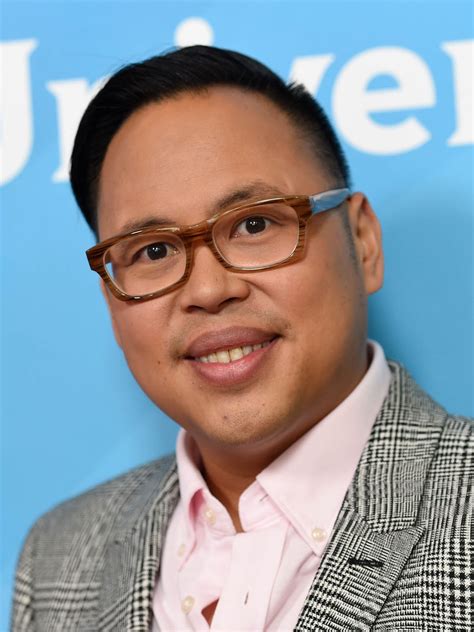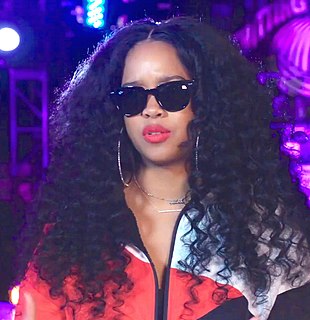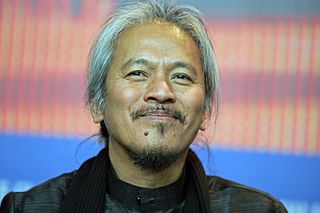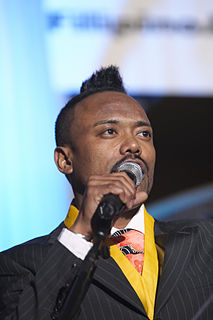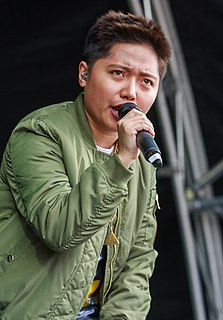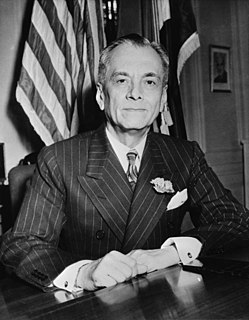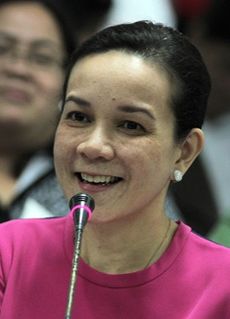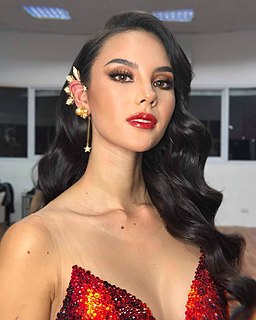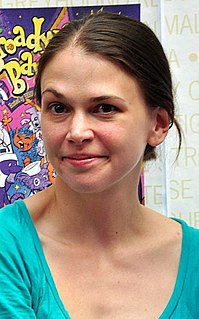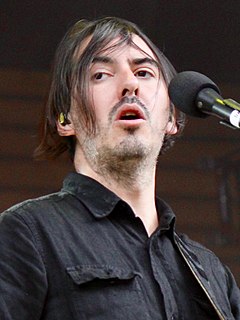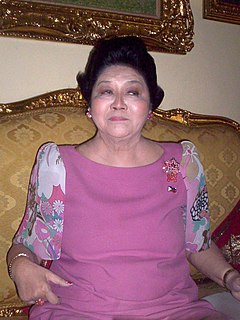A Quote by Luke Evans
Singing seems to be inherent in Filipino, just as it is in my race. That's why I have this affinity with Filipinos.
Related Quotes
Regarding the idea of race, .. no agreement seems to exist about what race means. Race seems to embody a fact as simple and as obvious as the noonday sun, but if that is so, why the endless wrangling about the idea and the facts of race. What is a race? How can it be recognized? Who constitute the several races?.
"Filipino" is the Spanish side of our history. The islands were named after King Felipe, so we became known as Filipinos. It's a brand, it's a name. But we're Malays. Before colonizers came to our shores, we were Malays. My praxis is about being Malay - the struggle of the Malays before we became Filipinos.
My No. 1 piece of advice, especially for someone who's an actor-singer-dancer - a triple threat, they're called! - people say, 'What's the most important?' I always say acting. Without knowing why you're singing or what you're singing about, it's just noise. And without knowing why you're moving your body, it's just flailing of arms.
I came home one day from school after being chased by kids singing “Yellow Submarine”, and I didn't understand why. It just seemed surreal: why are they singing that song to me? I came home and I freaked out on my dad: 'Why didn't you tell me you were in The Beatles?' And he said, 'Oh, sorry. Probably should have told you that.'

